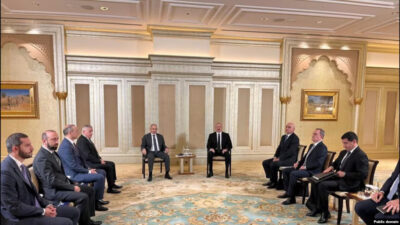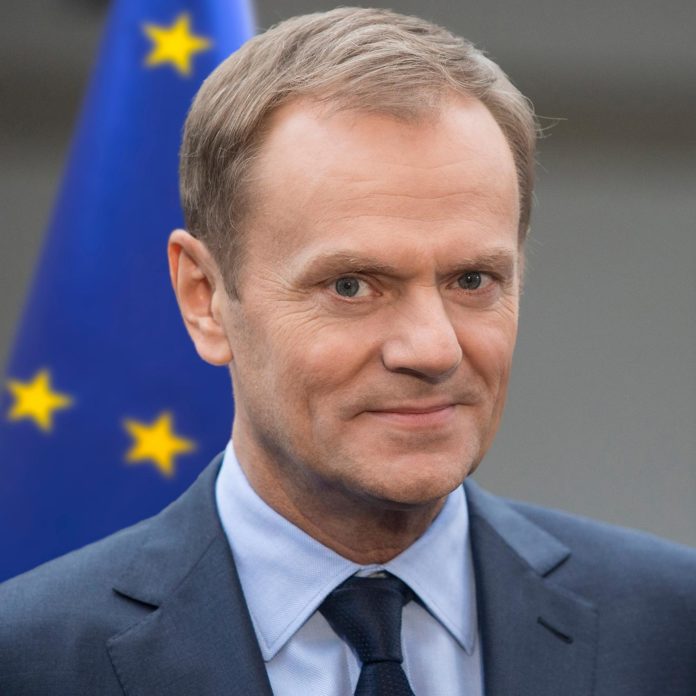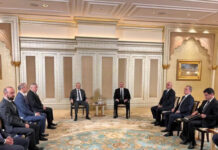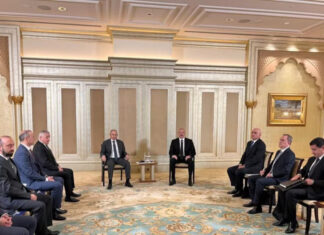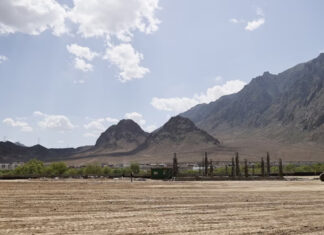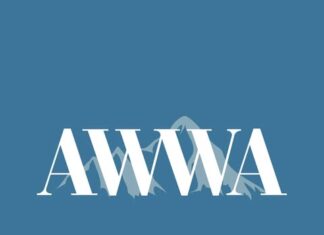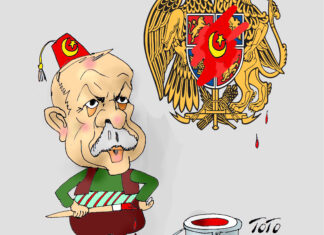By Semih Idiz
VARNA, Bulgaria (Al Monitor) — The latest high-level attempt to normalize Turkish-EU ties has failed. President Recep Tayyip Erdogan’s much publicized meeting with European Council President Donald Tusk and EU Commission President Jean-Claude Juncker, in the Bulgarian seaside resort of Varna on March 26, did not produce any results on issues that have been clouding ties.
There was no indication that fresh life would be breathed into Turkey’s bid for EU membership. All Turkey obtained was an assurance that its dormant bid remained on the table and that dialogue between Turkey and the EU would continue, even though there is little chance that stalled negotiations will resume anytime soon.
Bulgarian President Boyko Borissov, who hosted the summit because his country holds the EU’s term presidency, had already set the tone before the leaders gathered in Varna when he told reporters that this would be a difficult meeting.
With such statements hovering in the air, expectations that any breakthrough could be achieved at Varna were already minimal.
Otherwise, and in a repeat of the last meeting between the three leaders in May 2017, this summit turned out once more to be an occasion where the sides merely listed their grievances and demands from each other
